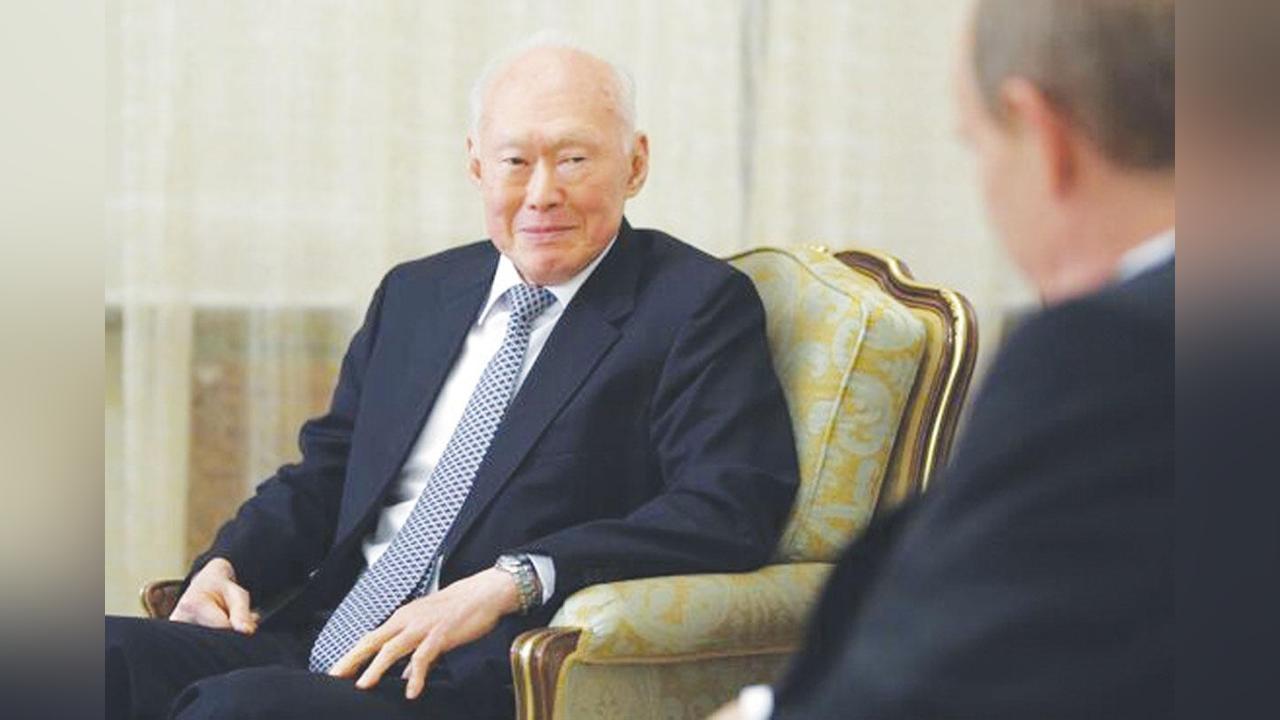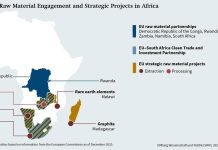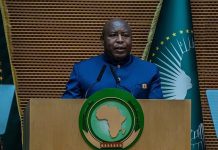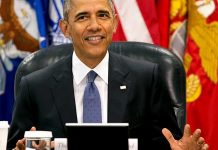Africa-Press – Mauritius. The article of Jan Arden in your issue of 13 January 22 – ‘Unpacking Corruption! The Lesson from Singapore’ – is well written. It is balanced and in terms of fairness would meet the requirements of the man in the Clapham omnibus.
However, Jan Arden seems to be a Lee Kuan Yew fan, which I am not. Like him I have at times also admired Lee’s unequalled courage in fighting petty corruption in Singapore.
As a Monetary Economics undergraduate at the London School of Economics in the early 70s after being called to the English bar in Michaelmas 1973, I supported his crusade against monopolies in his country, which culminated in the expulsion of Slater-Walker Securities despite this conglomerate’s patrimonial links with a senior minister of the then British government.
The 48 hours given to Mr Slater to leave Singapore by Lee, a latter-day little dragon spewing venom inches away from the big toe of Chairman Mao, firm on his Great Wall, earned him instant acclaims in the United States, the home of the best anti-trust laws in the world. These acclaims last to this day and have caused the Singaporean model to be imitated, mimicked, adapted or simply cut and pasted across the world.
In the process two paradoxes became blurred, in that (a) the USA, the lead capitalist country of the Western world, had nursed and established within itself the most pro-worker industrial relations system East of Suez, and (b) this feat has been achieved with tremendous support from strong trade unions at both State and Federal levels.
Most of our academia, including L. S. E. in Mauritius Times two decades back and probably Jan Arden himself, have been used to seeing Jack Jones and and Hugh Scanlon (both British trade union leaders) in tripartite talks at 10 Downing Street in the good old Wilson days.
They would not have been watching the corresponding scenario in the United States, as there was nothing there to see at the State or White House levels.
Over there, wage negotiations take place at arms’ length between the parties themselves periodically at each firm’s level and they turn around the new procedure agreement to be signed. This doesn’t mean that the Jones-Scanlon negotiations at No 10 were not real, good faith negotiations. They indeed were.
Sometimes the talking – and haggling – with the Trades Union Congress (TUC) and the then Confederation of British Industry (CBI) took weeks on end, with the government acting as arbiter. These negotiations properly so called are not, however, what we in Mauritius have inherited.
What we proudly embark on every year and is presently taking place is a rigmarole of exchanges between the minister of Finance and as many as 13 federations of trade unions, during which the government proposes and disposes from beginning to end.
One will remember boorish Bérenger’s celebrated 1982 proposals to his own “pep admirab” of 8% . . .8% . . .8% which rhymed with the biblical “ma vérité, ma vraievérité, rien que ma vérité”!!
To come back to Lee Kuan Yew, he hasn’t always been admired in his own country until the late 90s, when he had clearly come clean of the then ongoing financial crisis.
Dissonance to his policies appeared in Singapore, when in the late 1950s he successfully wrested his island from what would have been a Malay hegemony.
In tactful, nay, crafty independence exchanges with the British, he safeguarded the interests of his 76% rich and middle-class Chinese in the island with abundant support from the remaining minority Portuguese and Indians.
In the process Lee Kuan Yew carved for himself and his elected dynasty a golden throne in the new economic haven. Who wouldn’t? Fresh from Cambridge the new Chinese Tsar had studied Chairman Mao from hair to toe as much as Stalin had examined Churchill before invading Poland and had concluded that the dollar‐hungry Chairman would stand and watch!
I heard similar views to mine expressed on Lee Kuan Yew, when I attended the LSE centenary celebrations at Houghton Street in 1995. They were expressed by LSE alumni from the USA, who challenged his right-wing stands on internal issues in Singapore and the family dynasty he had installed there.
That was 1995. We hadn’t heard yet of the cabinet seat of ‘Minister Mentor’ he had created for himself to perpetuate his family’s grip on the island state and the importation of the ‘concept’ by our own Sun Trust!!
Jan Arden’s response:
To discuss Lee Kuan Yew at some length would require a book and several have already been well written by economists and political anthropologists. Obviously in a short piece destined for the ordinary “man in the Clapham omnibus” the main points were not about the details of his policies but to recognize:
1.His particular place in Singapore’s history, hated at first by all and ilk, until by the mid 90s he became a standard bearer uniting a very diverse community (singaporeans, Chinese, Malays, indian diaspora,) and different faiths.
2. His “unequalled courage in stamping out petty corruption” in Singapore. I am not sure what’s wrong with that or whether the fight was limited to tea-monies. . 3.His authoritarian approach flustered many, particularly in the liberal West, but he recognized in his books that he had no choice in such a social, cultural and geopolitical environment.
his supporters say you are free to throw rubbish through your car window or while strolling the streets, it’s just that you pay the full price for its collection and disposal, which is the high penalty. What’s wrong with that when we look at the incivism here and elsewhere?. . .
4.He was repeatedly blasted in the West for what he decided was an absolute necessity – a stringent death penalty for drug importers or traffickers – in a geographical area that exposed Singapore to be a ‘plaque tournante’ for such criminal activities and enrichment.
One may be unhappy with the exceptional measure that flew in the face of humanist values but it saved Singapore from being a drug major and that too counts.
5.Hit by big British devaluation of the GBP, or British pound sterling, without warning when most the island’s reserves were at that time held in GBP in London vaults, Lee Kuan Yew always considered that as a monumental act of treachery and had the guts to say damn the UK/Western establishments and launched the famous “Look East” development strategy, which increased the annoyance of former masters but has served the island well and dragged the country to enviable world standards.
When I was there in the early 80s, there were massive investments pouring in and skyscrapers under construction all over. Why should he worry about those unhappy about the lucid and fiercely independent policies that earned him kudos from the world?.
6.By any chance are they pretty much the same Brit and West establishments that have gone ballistic with India Inc having overtaken UK on GDP basis (not per capita obviously) and is targeting a 5-10 trillion economy in 5 years time? Would the LSE-Oxford folks blast the BBC for consistent anti-India rants and now raking up a 2002 issue investigated fully and closed by the Indian Supreme Court? Or condemn the Oxfam rantings based on skewed stats at Davos about why there are so many Indian billionaires? Are billionaires ok when Western bred and White, Anglo-Saxons? They had left the jewel in the crown as a broken, destitute, impoverished country, how would the Clapham common or the establishment react if in 5-10 years time India and Modi open an Indian Foreign Assistance bureau in London?.
7.What lessons we can draw from his unusual stature and fights against wily political opponents, overbearing neighbours (Malaya), wannabee drug barons, treacherous former masters and deep divides in his country that he had to surmount? A Minister mentor post? We may beg to differ, but will the post be abolished here? A “dynastic elected legacy” may sound too plebeian for robust economic traditionalists walking round in closed circles, but he brought results to his country on international scales.
For More News And Analysis About Mauritius Follow Africa-Press







